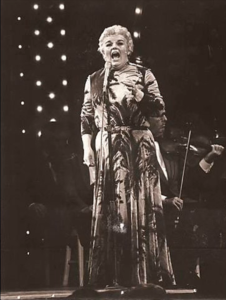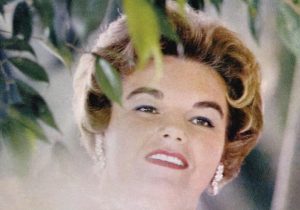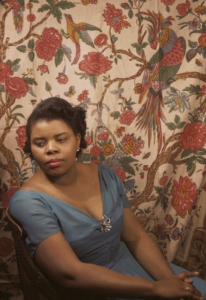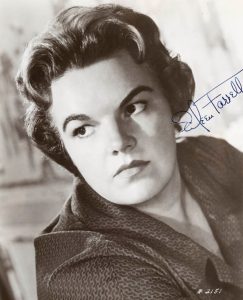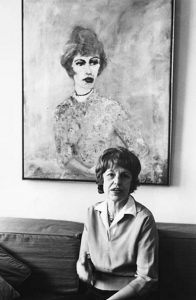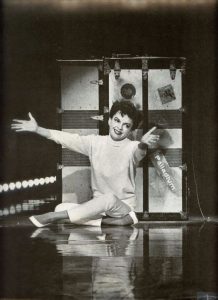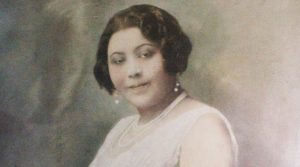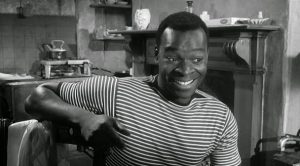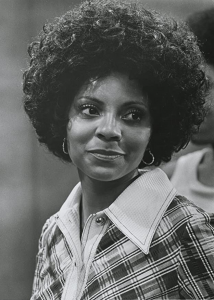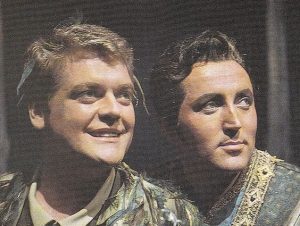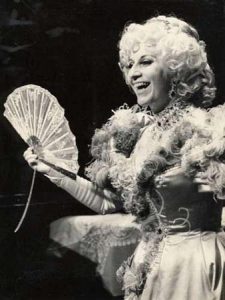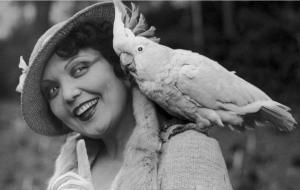Podcast: Play in new window | Download (Duration: 1:36:43 — 113.7MB) | Embed
Subscribe: Spotify | TuneIn | RSS | More
This week a light-hearted (and therefore much-needed!) tribute to the marvelous Felicia Weathers, who, in the midst of her burgeoning operatic career in the late 1960s, made two LPs of Schlagermusik, 1968’s Liebe Love L’amour (which also sports the best record cover in the history of the LP!) and, the following year, Wunderbar ist die Welt. Both of these were arranged and conducted by one Harold M. Kirschstein, referred to in the liner notes as an important conductor and arranger. Imagine my surprise when, upon doing a little research, I discovered that this person was better known in his native United States as Henri René, whom I knew from his work with Eartha Kitt in the early days of her recording career. His arrangements are, of course, predictably delightful. Amid all her other successes, Felicia Weathers (like Maria Ewing a generation later) found her greatest fame performing the title role of Richard Strauss’s Salome. This role may have put strain on her voice and shortened her career, but in the late 1960s her voice, as captured on these recordings, was a beguilingly beautiful instrument. She also displays a fine interpretive approach, keen linguistic sense, and vital communicative powers to these songs, which feature some of my favorite melodies ever, including those written by Georges Auric, Jimmy Webb, Harold Arlen, Henry Mancini, Jean-Paul Egide Martini, Oscar Straus, and Friedrich Hollaender. I supplement these delicious selections with two Rodgers and Hammerstein medleys from Weathers’ 1969 album of songs from musicals, Hello, Young Lovers, which also features duets with the superb African American baritone William Ray, who was also based in Europe during those years. Enjoy this delicious, if brief, escape from reality!
Countermelody is a podcast devoted to the glory and the power of the human voice raised in song. Singer and vocal aficionado Daniel Gundlach explores great singers of the past and present focusing in particular on those who are less well-remembered today than they should be. Daniel’s lifetime in music as a professional countertenor, pianist, vocal coach, voice teacher, and journalist yields an exciting array of anecdotes, impressions, and “inside stories.” At Countermelody’s core is the celebration of great singers of all stripes, their instruments, and the connection they make to the words they sing. By clicking on the following link (https://linktr.ee/CountermelodyPodcast) you can find the dedicated Countermelody website which contains additional content including artist photos and episode setlists. The link will also take you to Countermelody’s Patreon page, where you can pledge your monthly or yearly support at whatever level you can afford.

